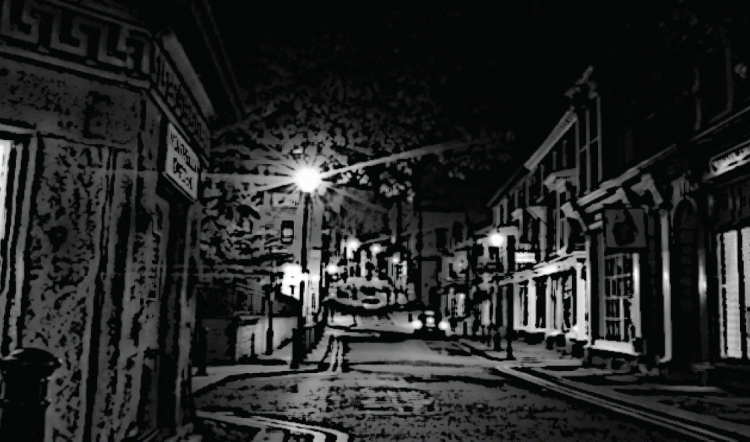Agents of Oblivion: 6 Reasons to Play
Agents of Oblivion (or AoO for short) is a game of horror and espionage. You play an agent (of Oblivion, naturally) confronted with a spectrum of nastiness. The vagaries of the response arise as your experience and my experience as the designer could, should, and will probably differ vastly in play. And this is a good thing. There is a common language with subsets of rules allowing each group to tailor their experiences to tell the kind of stories they want to tell. This toolset approach can be both challenging and daunting from a design aspect. The experience at the table makes it all worthwhile.
Let’s dig into six reasons you should give AoO some space at your table.
- Innately flexible for players. As a player, being able to create the type of character you envision is essential. The rules encompass a variety of things that you as an agent are capable of, as well as touches upon your former lives in interesting ways. Add to that the capability for agents to modify themselves between missions (and, sometimes, mid-mission) with various bits of gadgetry and the like prevents boredom or “sameness” fatigue.
- Implied setting. The modern world is easy for everyone to get a handle on. You can have it with or without with weirdness (see point 6). Whether you want to run your game like The Blacklist or The Bourne Identity or something more akin to Agents of Shield (how could I not mention this, really?) you can. Keep in mind: the real world + X is an easy pitch. And a bit of weirdness is always in vogue.
- Variety for the GM. The person running the game should have fun and being able to design and refine the world and push things in different directions is already exciting. One week you can go from hunting down werewolves to tracking down a refined serial killer to repelling an alien threat. The Agency deals with it all.
- Great for pickup games and short round robins. A mission based game where characters are part of the hierarchy makes throwing games together a snap. You don’t have to wait for them to wander and react. You can present them with a clear goal and objective via in-game personas and then let them wander and react. A sense of satisfaction at the conclusion of a mission is ultimately more satisfying than an endless grind to the next thing.
- Mechanical reinforcements of tropes via setting factors. The game has a handful of settings where the GM (and/or group) can decide some important variables of the world and it has impact in play style and tone. Setting the technology level, for example, determines the availability (and reliability, in some instances) of gear, gadgets, and even training.
- Subsystems Galore. Built with layered subsystems means removing one thing won’t cause everything to collapse like a house of cards. For example, you may not want magic in your world, simply don’t allow it, and things move on quite well. The same goes for monsters and other madnesses.
Agents of Oblivion is currently available for Savage Worlds and is available from our shop, RPGNow, and your local game store. A Haiku 2.0 version is in the works. Material for both systems is in ongoing development.
